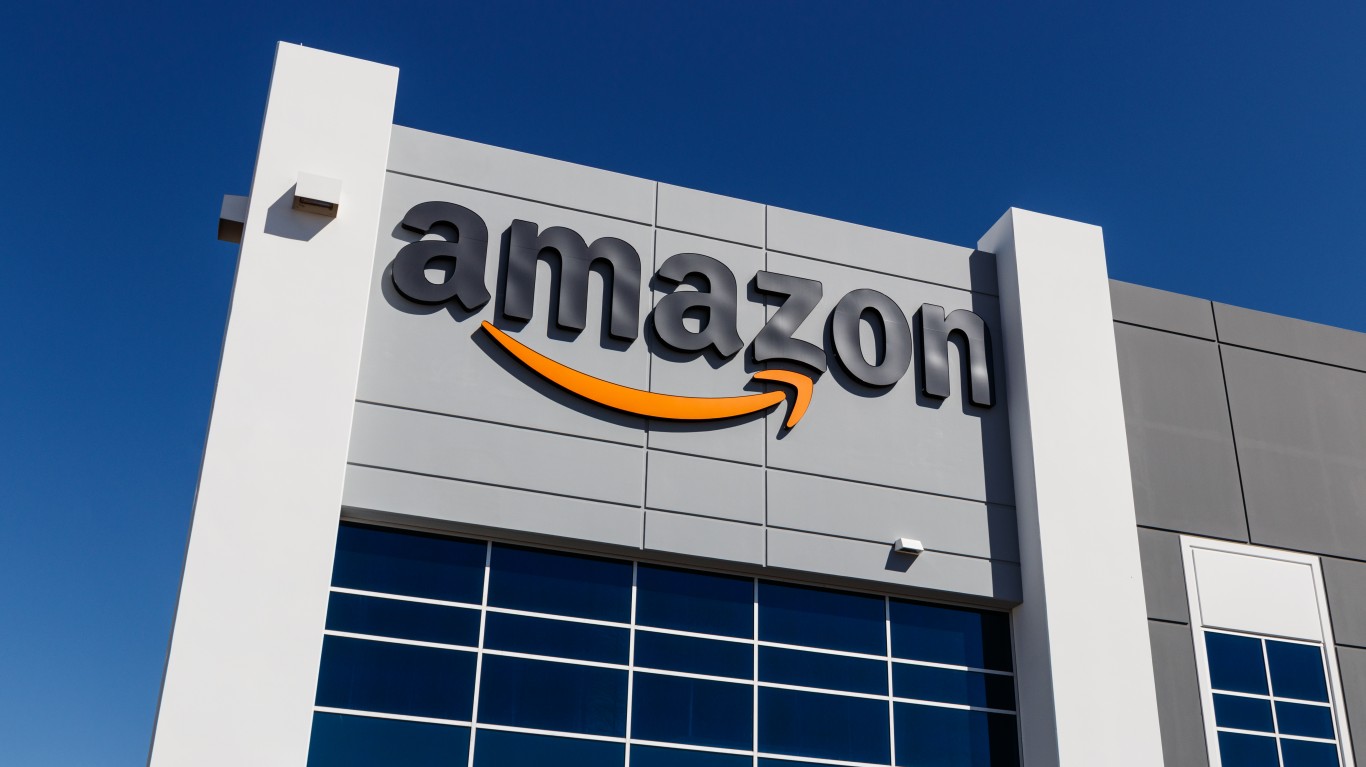Mergers and acquisitions (M&A) sometimes can be an excellent measure of the economy’s financial health. However, since there is a great deal of evidence that most M&A results are failures, a positive trend may be misleading.
According to a new EY study of 1,600 senior executives in more than 70 nations:
Almost 70% of global executives expect deal volumes and deal sizes to improve over the next 12 months, according to EY’s ninth bi-annual Capital confidence barometer, a survey of 1,600 senior executives in more than 70 countries. With core fundamentals in place to support M&A, over a third (35%) of companies will pursue acquisitions in the next 12 months compared to 25% a year ago.
More positive sentiments around deal-making stem from a growing economic confidence which has risen dramatically over the last 12 months — 65% expect the global economy to improve, compared to just 22% a year ago. Those who see the economy declining fell to 11% – its lowest level in two years. Growth is now a global imperative as almost 60% of companies say they plan to accelerate their growth strategies over the next 12 months.
The trend probably is supported by the unprecedented amount of cash multinationals have on their balance sheets.
Analysts do not have to look much beyond the current earnings season to find prominent examples of M&A trouble. First among these is the Google Inc. (NASDAQ: GOOG) buyout of Motorola Mobility. For $13 billion, Google got the smartphone also-ran, which competes in a market dominated by Apple Inc. (NASDAQ: AAPL) and Samsung. Google’s financial statements have shown that all Motorola has done since it was purchases is to weigh on the parent company’s P&L. Microsoft Corp. (NASDAQ: MSFT) rarely speaks about its buyout of Skype for $8.5 billion, which is now more than two years old. Investors in Yahoo! Inc. (NASDAQ: YHOO) have become worried that its extraordinary M&A activity has not lifted the portal firm’s earnings.
Outside tech, huge and troubled buyouts include Pfizer Inc.’s (NYSE: PFE) buyout of Wyeth and Merck & Co.’s (NYSE: MRK) purchase of Schering-Plough. These were supposed to drive economies of scale in an industry under siege by generics and high-priced research and development. They succeeded in creating companies that favored massive layoffs. The deals are rarely described as runaway successes.
A few isolated examples do not make a powerful trend. It is worth remembering the most seminal research on M&A failures, published in the McKinsey Quarterly over a decade ago. It showed that the great majority of the largest M&A deals did nothing to improve the performance of the acquirer and often damaged its prospects. No other survey of its scope has been released since then. And there has been no significant evidence that it was wrong.
M&A may surge again. But if it is a measure of economic sentiment, it is also a measure of activity that usually does much more to hurt the economy than to help it.
Are You Still Paying With a Debit Card?
The average American spends $17,274 on debit cards a year, and it’s a HUGE mistake. First, debit cards don’t have the same fraud protections as credit cards. Once your money is gone, it’s gone. But more importantly you can actually get something back from this spending every time you swipe.
Issuers are handing out wild bonuses right now. With some you can earn up to 5% back on every purchase. That’s like getting a 5% discount on everything you buy!
Our top pick is kind of hard to imagine. Not only does it pay up to 5% back, it also includes a $200 cash back reward in the first six months, a 0% intro APR, and…. $0 annual fee. It’s quite literally free money for any one that uses a card regularly. Click here to learn more!
Flywheel Publishing has partnered with CardRatings to provide coverage of credit card products. Flywheel Publishing and CardRatings may receive a commission from card issuers.
Thank you for reading! Have some feedback for us?
Contact the 24/7 Wall St. editorial team.





